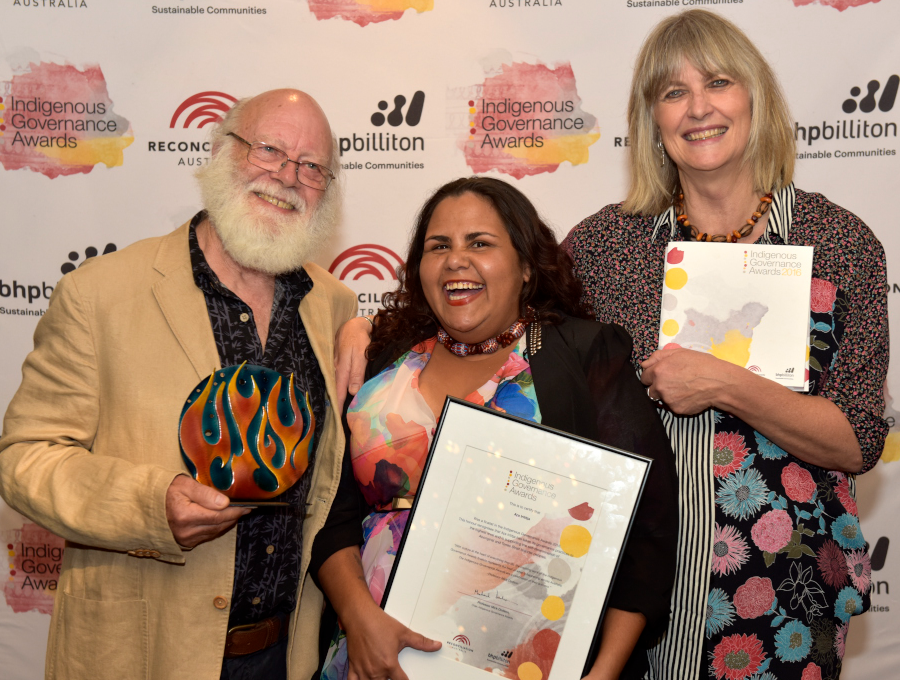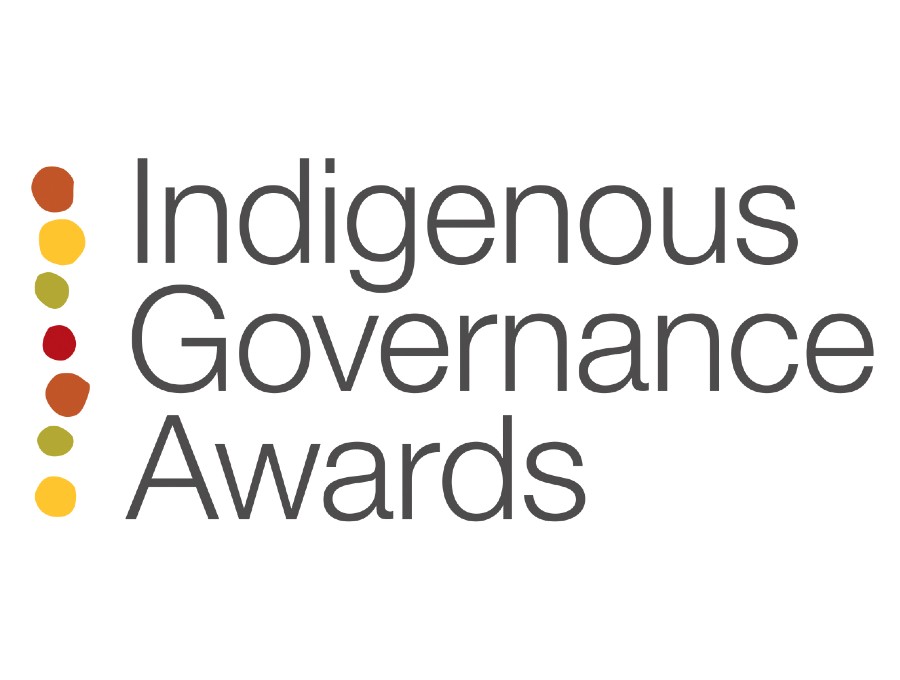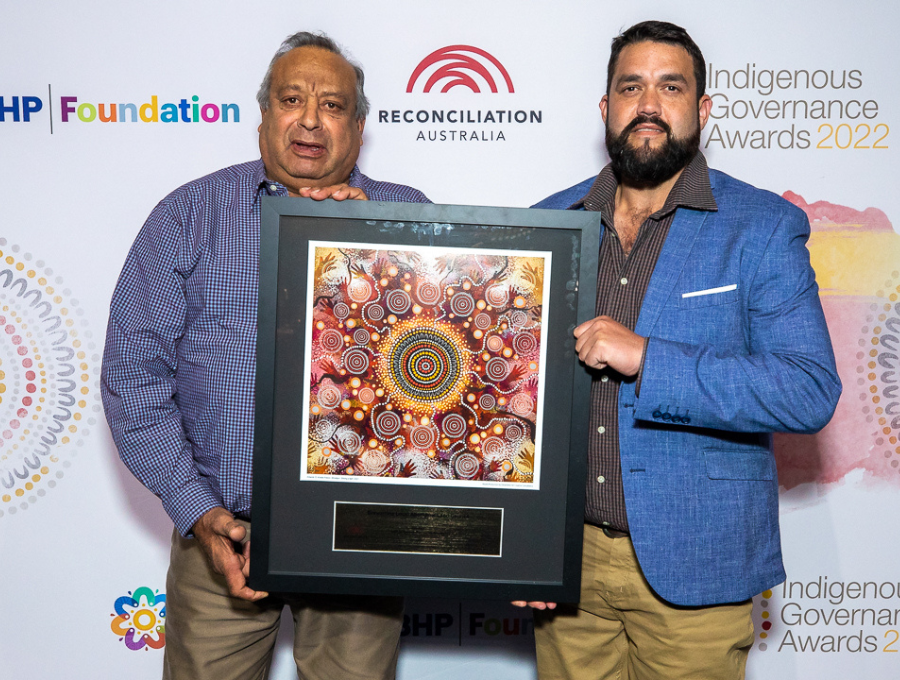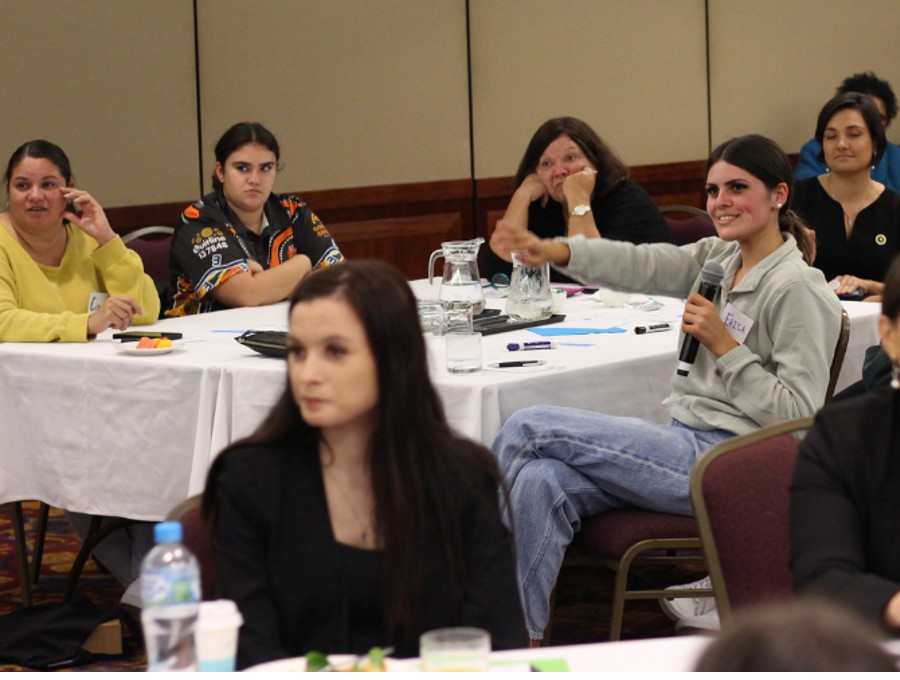Reconciliation Australia’s Indigenous Governance Program promotes and strengthens First Nations-led organisations.
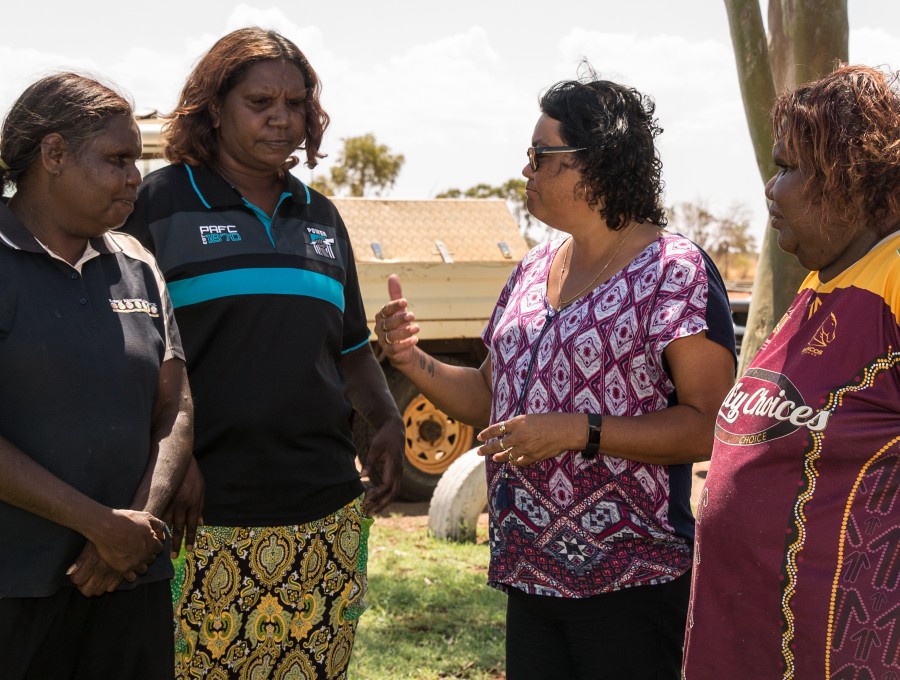
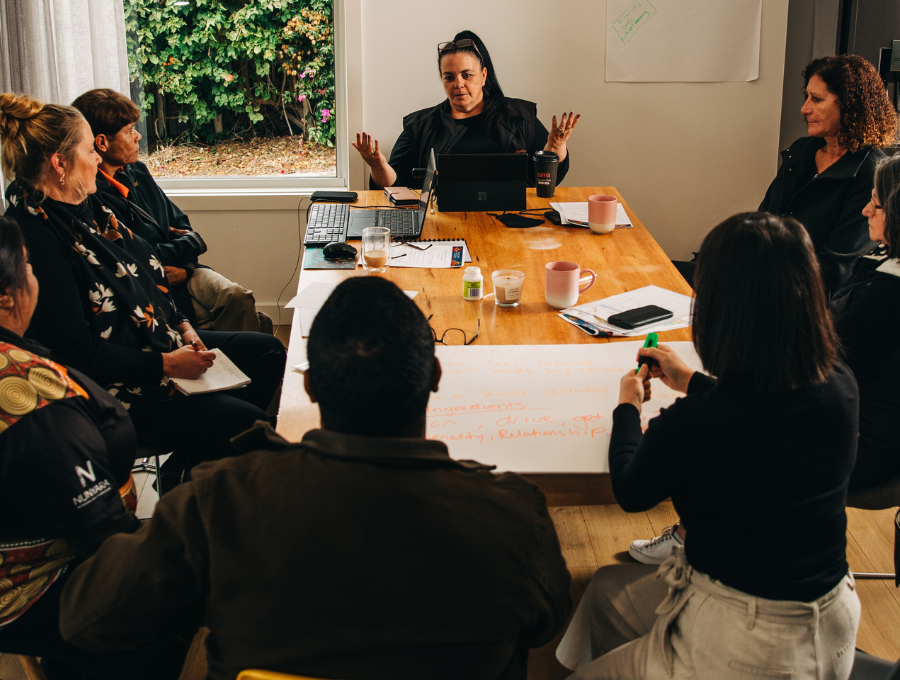
Practical resources on key governance topics from the Australian Indigenous Governance Institute.
About the Program
The Indigenous Governance Program brings together people, organisations and communities in learning about, sharing the success of community-led Indigenous governance practices as part of our national reconciliation journey. The program:
- Promotes and strengthens First Nations-led organisations through creating ways to share knowledge and stories of active Indigenous governance and amplifying the voices within
- Expands Indigenous governance practices, supporting more First Nations-led organisations to contribute to policies and programs affecting them
- Enables community-led partnerships for more Indigenous governance across different sectors and systems.
What is Indigenous Governance?
Indigenous Governance is integral to Aboriginal and Torres Strait Islander leadership and self-determination.
Aboriginal and Torres Strait Islander peoples have had systems in place to lead and govern for thousands of generations. These are unique ways of self-governing, driven by culture and community priorities.
A reconciled Australia would celebrate these tried and tested ways of working.
Knowing and valuing Indigenous governance practices is important in recognising and respecting Aboriginal and Torres Strait Islander cultures and peoples as decision makers for their own futures.
Aboriginal and Torres Strait Islander peoples have tried and tested their own models of governance for at least the past 60,000 years – and we know what works.
Karen Mundine, Chief Executive Officer, Reconciliation Australia
Subscribe for updates
Get the latest news on Indigenous governance projects and awards.

